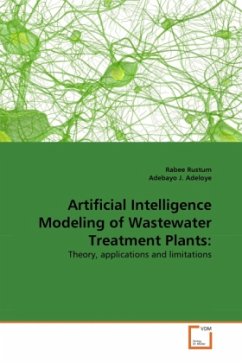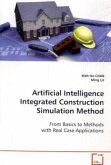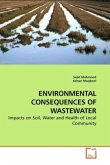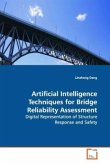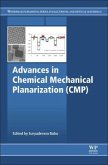The need to protect the natural environment from pollution from point sources has fuelled the development of mathematical models for predicting the performance of such systems. Previous attempts at mathematical modeling of wastewater treatment have focused on the use of mechanistic models which rely on the detailed specification of the physics of the various biochemical reactions and their numerous parameters. This is a problem because the huge amounts of data needed for calibrating such models are often unavailable, which together with imprecision in model structure identification, results in uncertainties. This book has catalogued a new approach to the problem using artificial intelligence methods that are essentially data driven. In particular, the book through practical case studies has demonstrated the feasibility of AI techniques such as ANN, Fuzzy logic and hybrids of these in wastewater management. The book will be suitable for students and researchers in environmental engineering, practitioners and consultants on wastewater treatment projects, and indeed anyone faced with the task of analyzing, and understanding embedded knowledge in large arrays of data.
